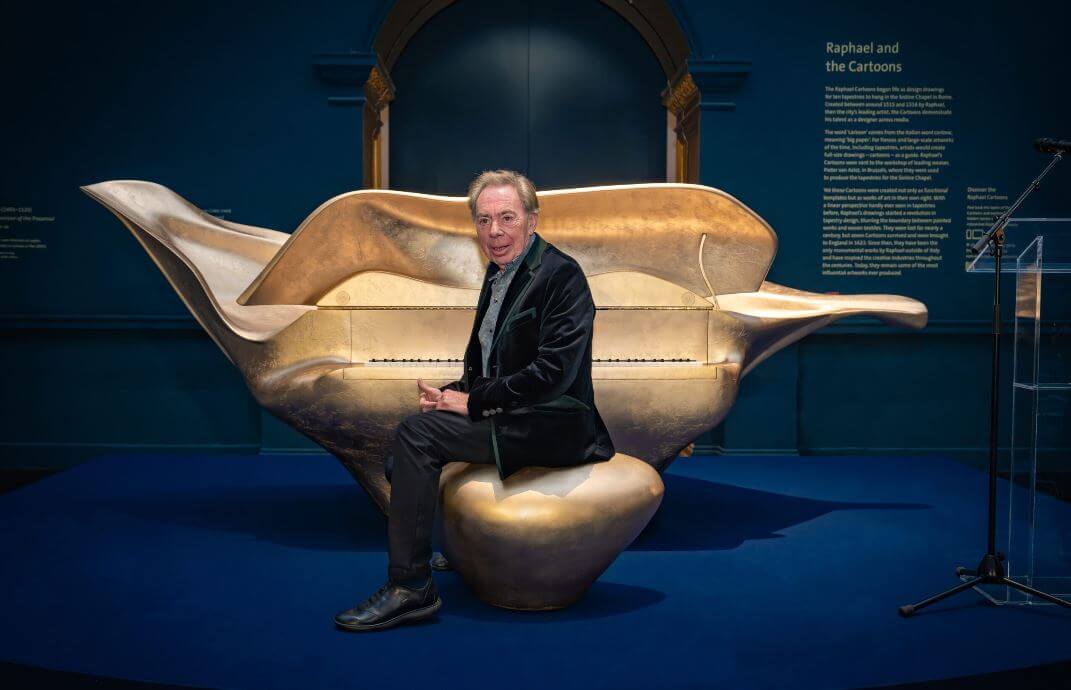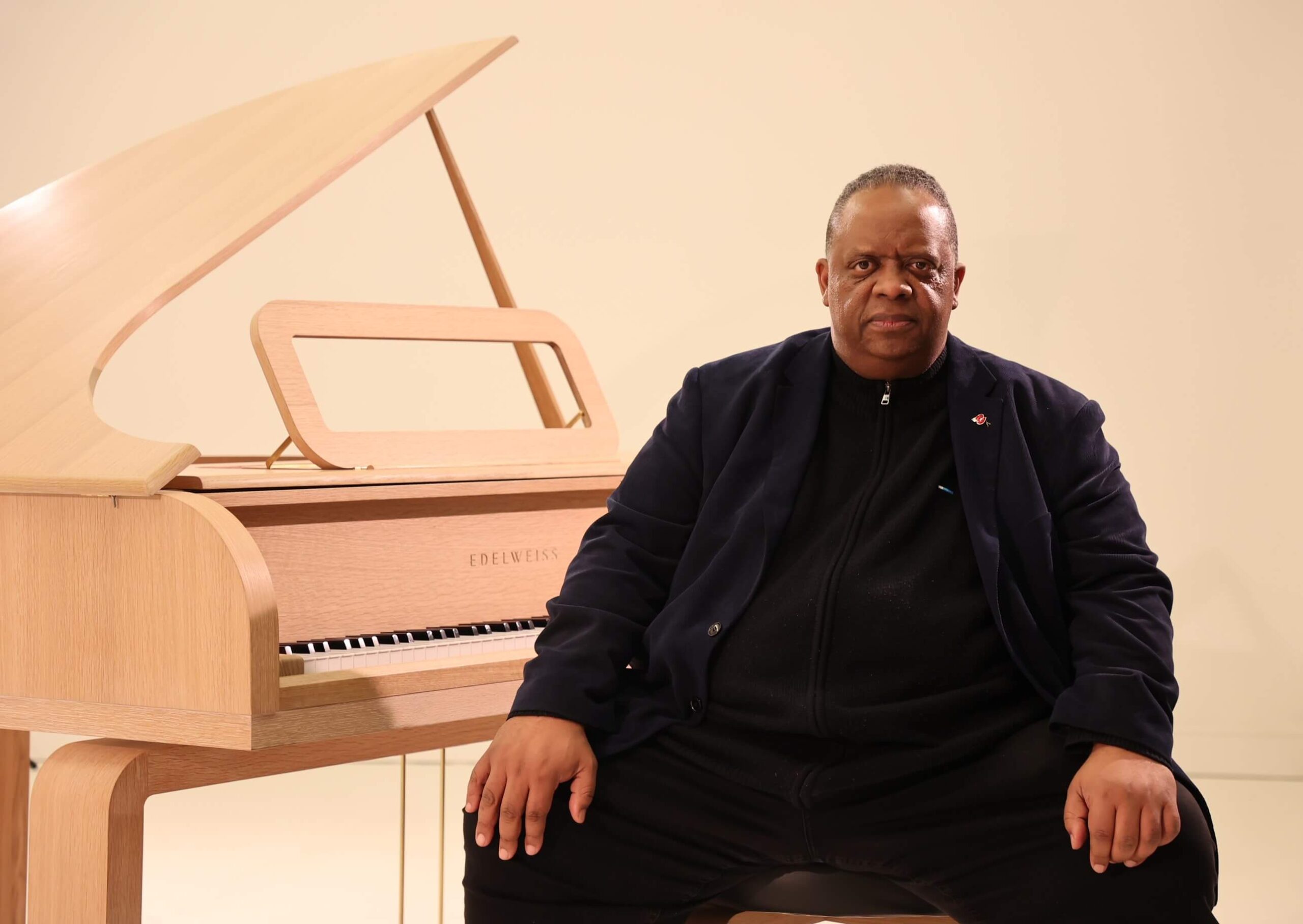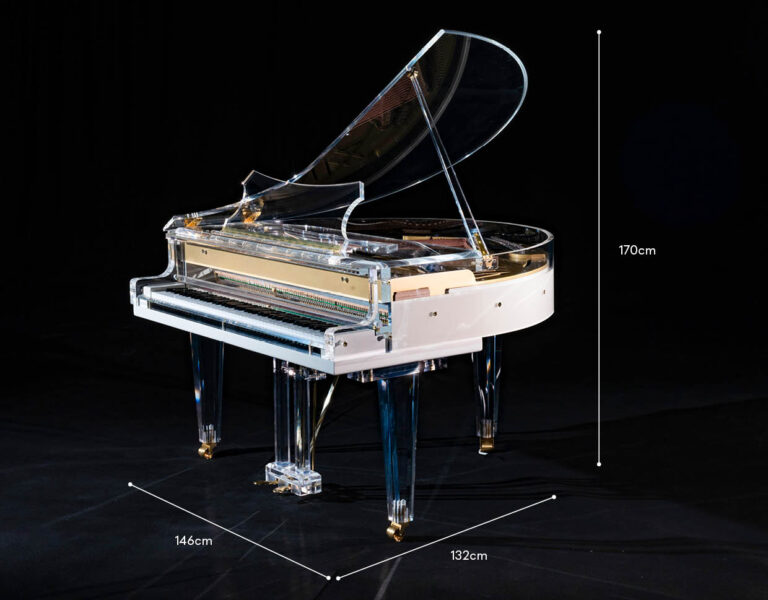
The S132 was created with a singular purpose—to bring the art of British piano-making back to life. More than just an instrument, it represents a revival of craftsmanship, precision, and innovation that had been lost for decades.
For too long, the essential components of a piano had not been made on British soil. The industry had changed, the skills had faded, and the traditions had been left behind. But we saw an opportunity to reclaim what once defined excellence. We set out to build a piano that was not only crafted in Britain but also sourced entirely from Britain—a true celebration of artistry and heritage.
The journey was demanding, requiring us to rediscover skills, reimagine processes, and push the boundaries of what was possible. But in doing so, we created something extraordinary—the S132. A piano that is not just built, but truly born from British hands, designed to set a new standard in sound, performance, and beauty.



The solid soundboard core is from Sitka spruce, harvested from forests high in the European Alps, it is only here, where the harsh environment and altitude makes for a short growing season, that tonewood with the fine growth ring structure essential for a pure sound can be found. This is then overlaid each side with a Sitka spruce veneer: this was carefully researched to establish the perfect grain angles to provide a sound as good or better than a merely solid board and be almost proof against splitting in more extreme climates.